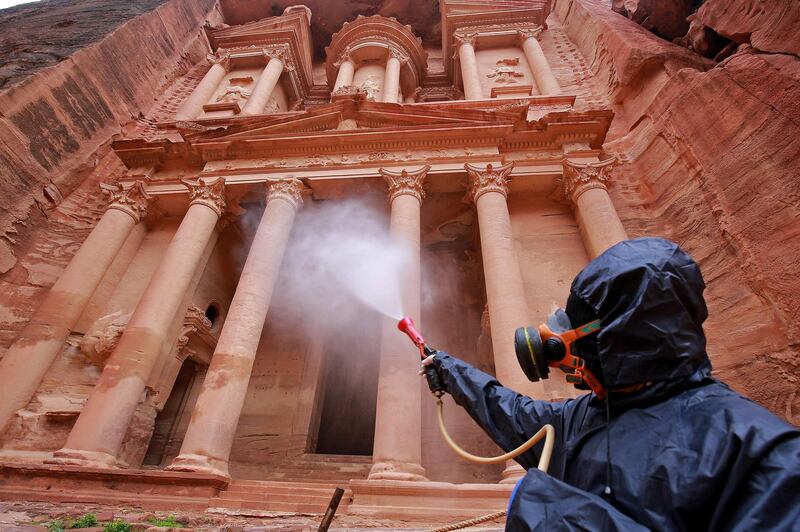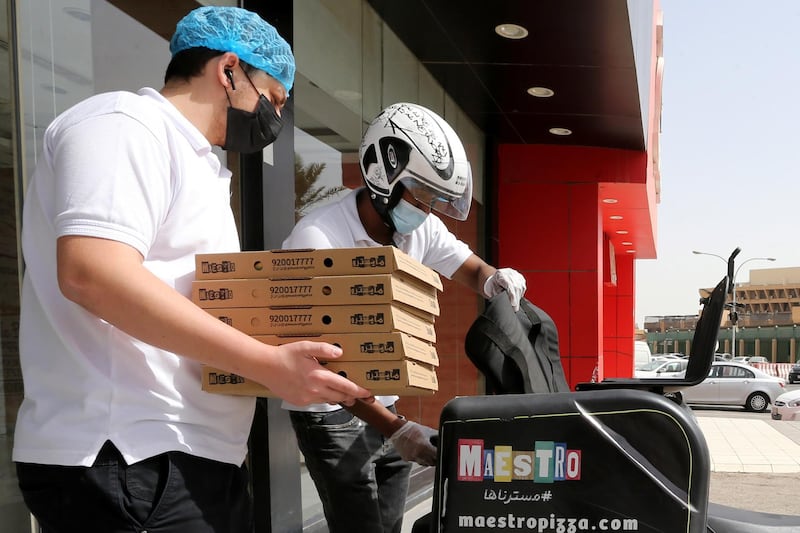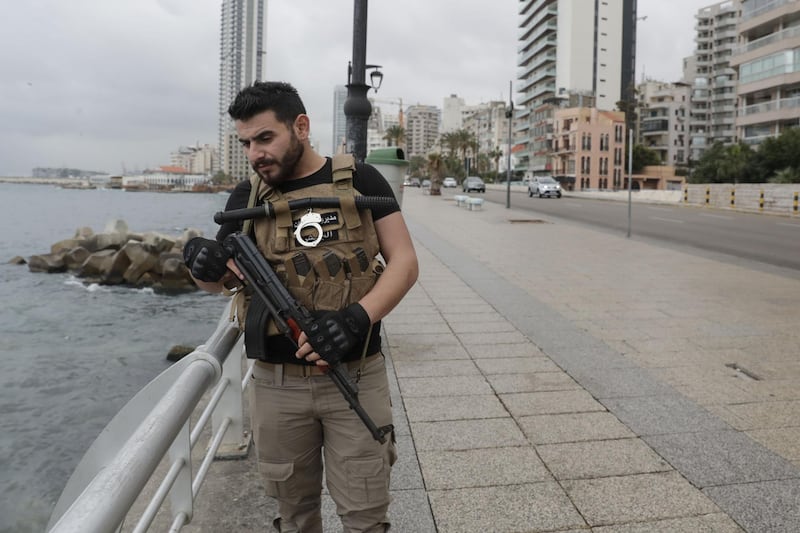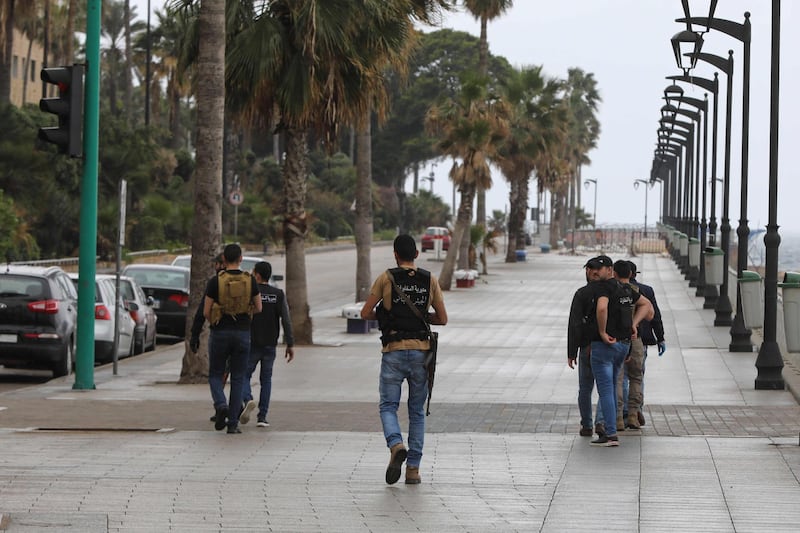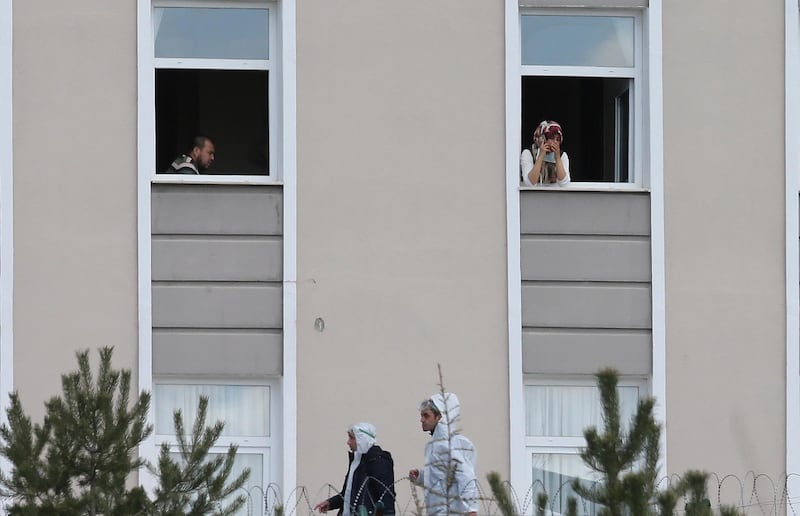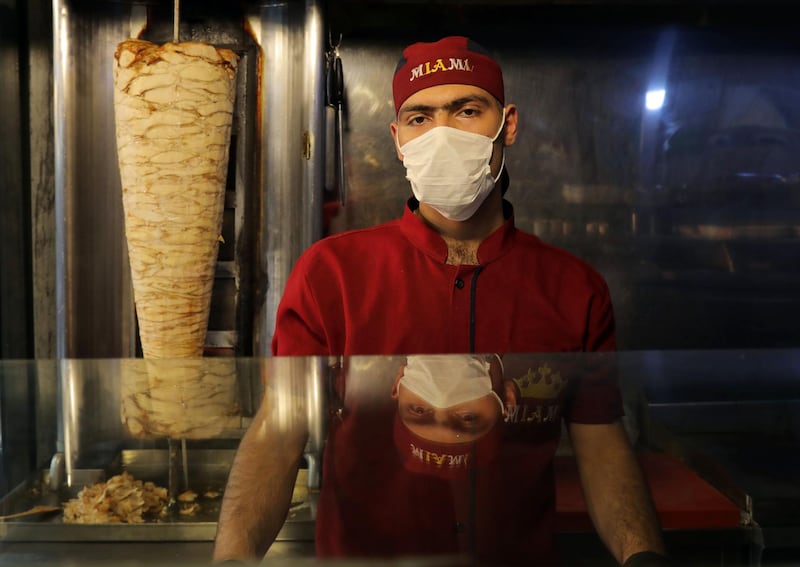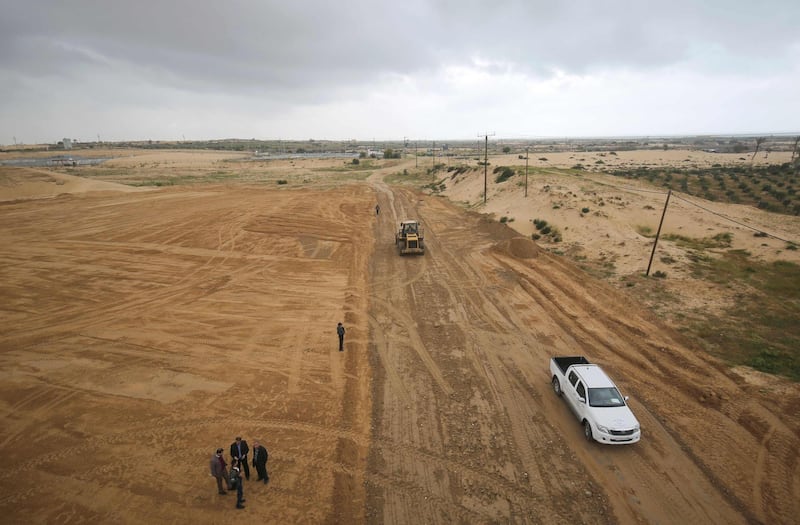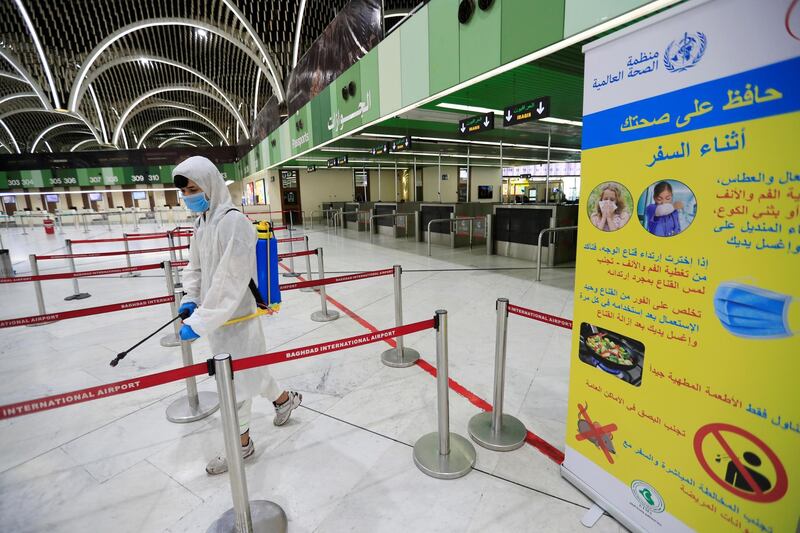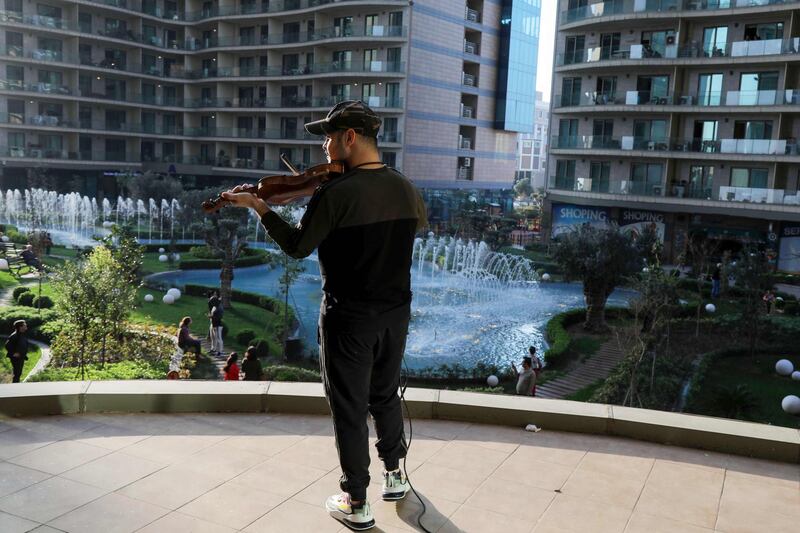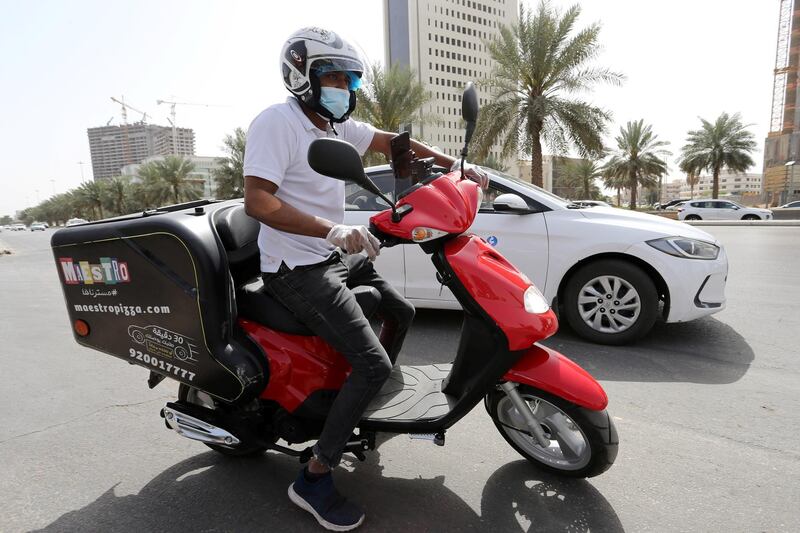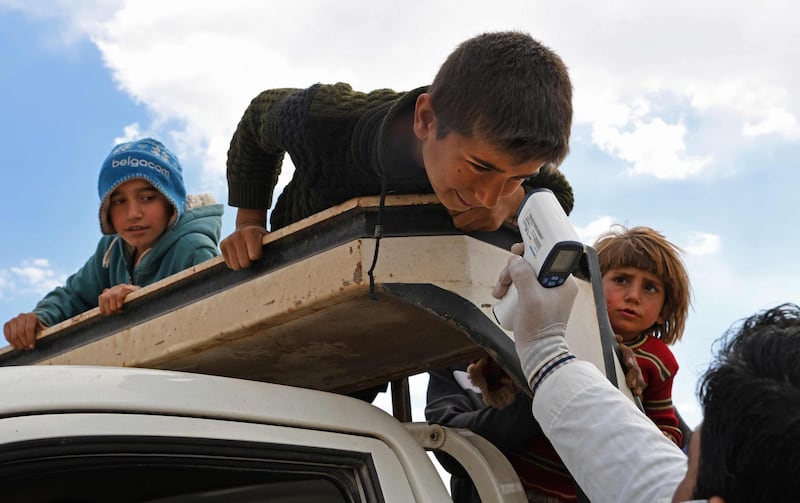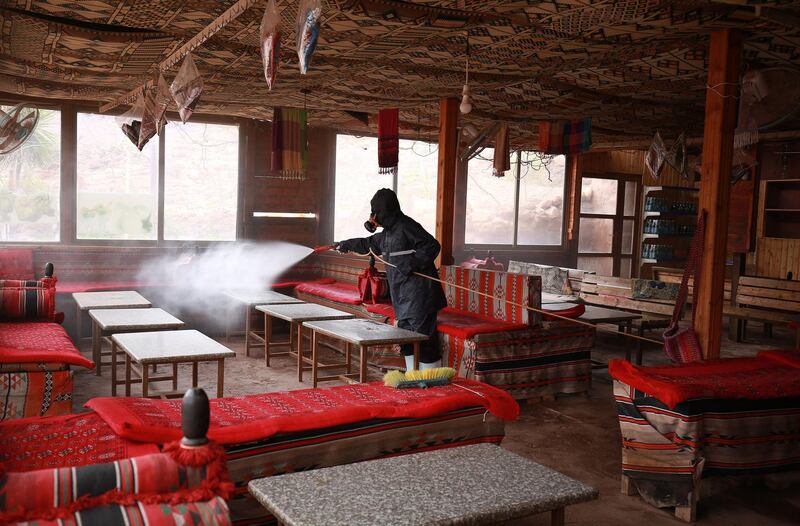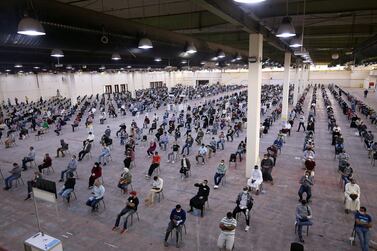Egypt on Thursday ordered restaurants, cafes and malls to close overnight, the government’s latest step to contain an outbreak of coronavirus that has already killed six and saw more than 200 testing positive.
The overnight closure, ordered by Prime Minister Mustafa Madbouli, also covers mobile food outlets, nightclubs and amusement parks. It sets new working hours from 6am to 7pm.
Exempted from the order are supermarkets, bakeries, grocery stores and pharmacies.
The latest measures to prevent the spread of Covid-19 appear to be a deliberate attempt by the government to avoid imposing a lockdown that could potentially cause serious damage to the economy, making do instead with the reduction of the number of people mixing in public places.
The military has denied rumours it was readying to enforce a nationwide curfew.
However, measures that fall short of a lockdown could leave room for a larger number of Covid-19 infections as the World Health Organisation urges countries to take serious steps to contain and suppress the virus.
The Cairo metro, for example, continues to operate while packed to capacity with commuters as well communal taxis, which ferry hundreds of thousands of people in packed minibuses around the city all day and most of the night.
Thursday’s measures coincided with the start on the halt on international travel that will remain in force until March 31. The order exempts cargo and domestic flights as well as the arrival of empty charter flights to take home tourists already in the country. Other measures include a ban on large gatherings, a two-week suspension of school and university classes as well as the closure of gyms, theatres and cinemas. Stepped up measures have been introduced in three provinces where the number of infections saw a spike.
In its latest daily report, the Health Ministry said late Wednesday that the number of those infected rose by 14 to register 210. It did not report any new deaths.
Fearing a recession, the government has over the past two days introduced a package of far-reaching economic incentives, including a reduction of power charges for industries, lower taxes on stock market transactions and 1 billion pounds to assist exporters. The central bank also ordered the biggest interest rate cut to date earlier this week in a bid to keep businesses healthy at a time when fear of the spread of Corvid-19 may be discouraging spending.
The military, meanwhile, deployed a chemical warfare unit to sanitise the sprawling campus of Cairo University, with images of troops in green protective garments and carrying their equipment splashed on the front pages of some of Thursday’s newspapers. The operation at Cairo university is expected to be the first in a series of similar undertakings by the military.
Police, meanwhile, have sent out patrols to ensure that new regulations on gatherings and the closure of gyms, cinemas and theatres are implemented. Already, the government has vowed harsh punishment for retailers taking advantage of the crisis to maximise profits.
Already, the outbreak has had an impact on life in Cairo, Egypt’s Nile-side capital with 20 million residents.
The city’s streets have been unusually quiet, with many businesses shuttering down or doing little business. Traffic, usually congested, has significantly thinned.
Sports clubs are attracting just a fraction of their usual members because of fear of the virus and because many of them have stopped serving food and beverages as a precaution. With schools closed, many mothers have taken time off to do homeschooling, while many government and private sector employees have chosen to work from home.
